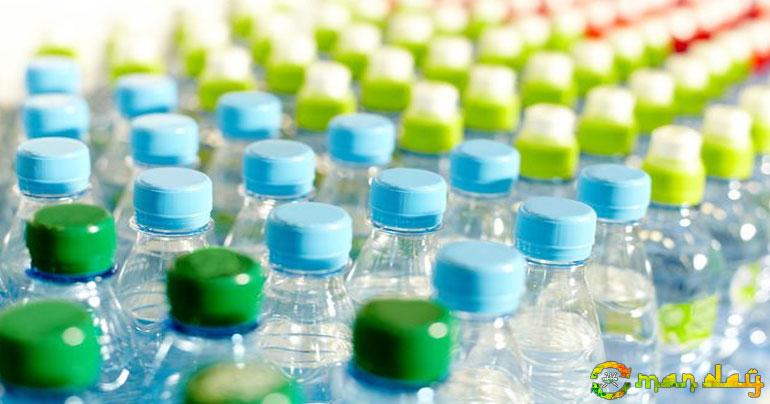93% of bottled water tested in this study contained microplastics
The most popular brands of bottled water in the world are contaminated with microplastics, according to new research by Orb Media, a nonprofit journalism organization based in Washington, D.C.
Researchers tested more than 250 bottles from 11 brands purchased in nine countries: Brazil, China, India, Indonesia, Kenya, Lebanon, Mexico, Thailand and the United States. Microplastics were found in 93 percent of bottles tested, which included major brands such as Aquafina, Dasani, Evian, Nestle Pure Life and San Pellegrino.
The study, which was led by microplastic researcher Sherri Mason of the State University of New York at Fredonia, found plastics such as polypropylene, nylon and polyethylene terephthalate (PET). The researchers believe that some of the microplastics came from the packaging or the packaging process.
"The data seems to suggest that at least some of the plastic contamination may be coming from the industrial process of bottling the water itself," the researchers said in a statement. Most of the microplastics were either from the bottling process, the bottle or the cap, they said.
Contamination ranged from zero to more than 10,000 microplastic particles per liter, according to the report. The researchers found an average of 10 particles per liter, most larger than 100 microns (.10 millimeters), which is wider than a strand of hair.
Dangers of drinking microplastics

Experts are not sure what risks these microplastics pose to those who ingest them.
A 2016 report from the European Food Safety Authority said the vast majority of consumed microplastic particles likely pass safely through the body. But other studies have questioned whether the particles can stay in the body and lodge in various organs.
"What we do know is that some of these particles are big enough that, once ingested, they are probably excreted, but along the way they can release chemicals that cause known human health impacts," Mason told BBC News.
"Some of these particles are so incredibly small that they can actually make their way across the gastrointestinal tract, across the lining and be carried throughout the body, and we don’t know the implications of what that means on our various organs and tissues."
However, some researchers don't think consuming plastic is a serious health issue.
"Based on what we know so far about the toxicity of microplastics — and our knowledge is very limited on that — I would say that there is little health concern, as far as we know," Martin Wagner, a toxicologist at the Norwegian University of Science and Technology, told Orb.
"I mean, that's quite logical because I believe that our body is very well-adapted in dealing with those non-digestible particles."
WHO will investigate

The World Health Organization will launch its own review of the possible risks of microplastics in drinking water, reports BBC News. The investigation is partly in response to the Orb report.
Bruce Gordon, coordinator of the WHO’s global work on water and sanitation, said the most important issue is whether ingesting microplastics over a lifetime can have an impact on health.
"When we think about the composition of the plastic, whether there might be toxins in it, to what extent they might carry harmful constituents, what actually the particles might do in the body — there's just not the research there to tell us," Gordon tells BBC News.
"We normally have a 'safe' limit, but to have a safe limit, to define that, we need to understand if these things are dangerous, and if they occur in water at concentrations that are dangerous."
Gordon pointed out that there's a much greater threat from water where supplies can be contaminated with sewage. But he realizes that people will want an answer about the safety of microplastics in their drinking water.
"The public are obviously going to be concerned about whether this is going to make them sick in the short term and the long term."
Share This Post






